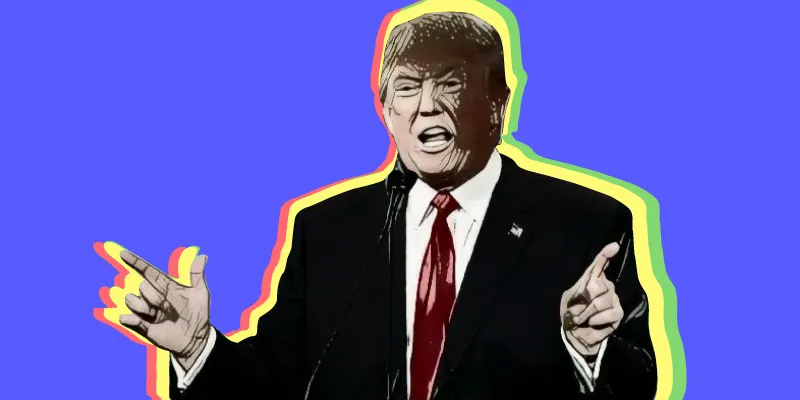Potentially hitting the IT community, the option to expedite US H-1B Visa applications will be temporarily scrapped starting April 3
After stats that show that almost 50 percent of IT employees in US-based offices are foreign nationals, a new restriction placed on the H-1B visa will adversely affect businesses all across, and especially Indians, who constitute almost 70 percent of the H-1B visa holders. The United States Citizenship and Immigration Services (USCIS) has announced that the "premium processing" service for all H-1B petitions shall be restricted temporarily, starting April 3, 2017. While it is unclear up to when this suspension will continue, the USCIS indicated that it would hold for at least six months.

For the uninitiated, an H-1B is a 'nonimmigrant' visa for foreign persons with theoretical or technical expertise applying for jobs to US-based companies, wherein the hiring company backs and sponsors the current or prospective employee's petition. Before this rule was passed, the company was allowed to file an application to expedite the processing of that petition, after paying an additional fee of $1,225, thus ensuring a response from the USCIS within 15 days, rather than the three to six months they normally take.
"While H-1B premium processing is suspended, petitioners will not be able to file Form I-907, Request for Premium Processing Service for a Form I-129, Petition for a Nonimmigrant Worker which requests the H-1B nonimmigrant classification. We will notify the public before resuming premium processing for H-1B petitions," states a press release put out by the USCIS.
Applicants are still allowed to request expedition of an H-1B petition, if they fall under at least one of the criterion listed by them, following which, each expedite requests will be reviewed individually by the department. The said criteria include severe financial loss to company or person, an emergency situation, humanitarian reasons, being a nonprofit organisation whose request is in furtherance of the cultural and social interests of the United States, being from the Department of Defense or national interest situation (These particular expedite requests must come from an official US government entity and state that delay will be detrimental to the government.), a USCIS error, or compelling interest of USCIS.
The release also states the reasoning behind this move, claiming that it is an exercise to 'reduce overall H-1B processing times'. According to the release, the department claims to want to "process long-pending petitions, which we have currently been unable to process due to the high volume of incoming petitions and the significant surge in premium processing requests over the past few years; and prioritise adjudication of H-1B extension of status cases that are nearing the 240 day mark."






![[App Friday] Finch’s gamification of self-care is a hit and a miss](https://images.yourstory.com/cs/2/f49f80307d7911eaa66f3b309d9a28f5/Finch-1655391957378.png?mode=crop&crop=faces&ar=1%3A1&format=auto&w=1920&q=75)
